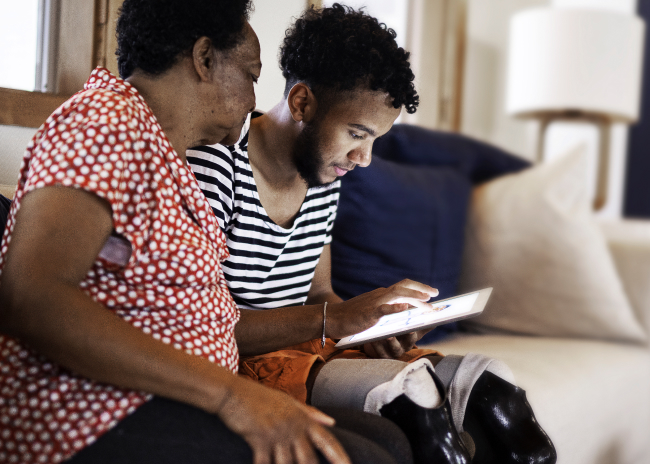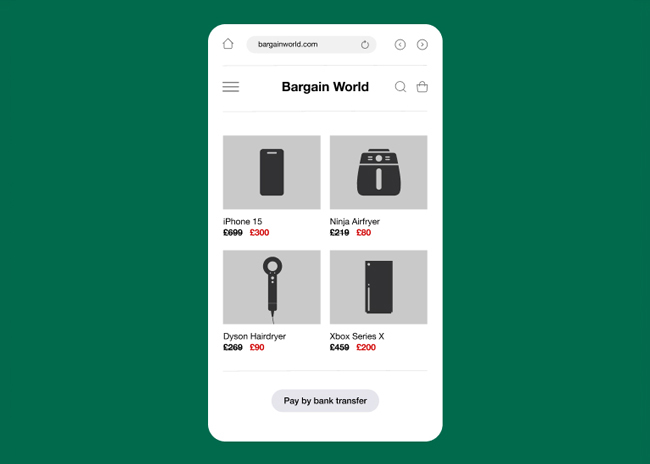Go paper-free
Amend paper-free preferences for your statements and correspondence.
Before you buy anything online, make sure you know the methods fraudsters use to draw you into a sale.

Fraudsters often advertise items like mobile phones and tickets at lower-than-normal prices.
Instead of getting a great deal, you could lose your money to an online scam and unknowingly get tricked into funding serious crimes.
Getting scammed can harm you and the ones you love. The money you lose to online scams such as sold-out tickets or the latest phone can also go on to fund other serious crimes. Plus, you won't get what you paid for.
Let’s work together to stop the cycle and avoid any deal that looks too-good-to-be true.

Fraudsters make their social media profiles look convincing, with fake followers, pictures and reviews.
Always be cautious and think twice before interacting with unknown profiles or clicking on suspicious links. If something seems off, it probably is!
Spot the signs of a scam on social media

Fraudsters can make websites look professional with made-up reviews.
Watch out for offers on popular items that are too good to be true. If you’re still not sure, use a website checker like the one on Get Safe Online.